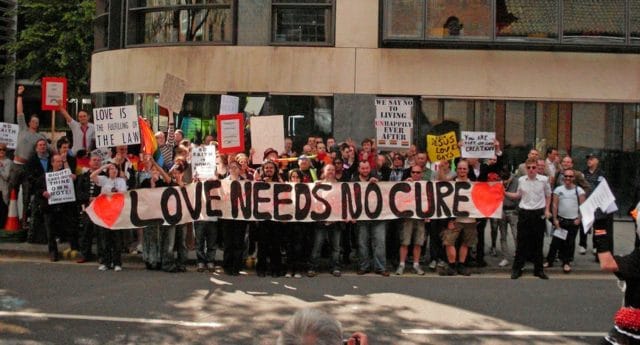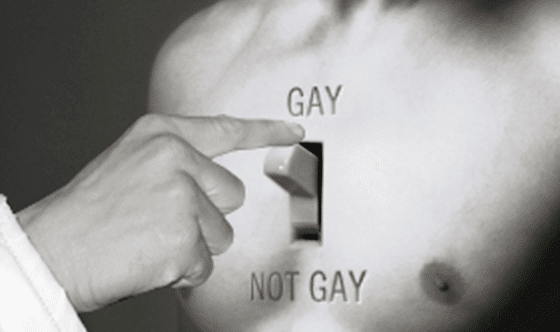
The US state of Connecticut has become the latest in the US to ban the harmful practice of gay ‘cure ‘ therapy for minors.
Governor Dannel Malloy signed House Bill 6695 into law, after the bill passed in the Senate.
It protects LGBT+ young people from being subjected to the dangerous practice of gay ‘conversion’ therapy.
The bill had passed previously in the Senate unanimously, and was last week passed in the House.
Democratic Representative Jeffrey Currey of East Hartford, when the bill passed in the House, said the practice is harmful to young people.
Governor Malloy had previously indicated that he would sign it into law, if it came to his desk.
It makes Connecticut to become the ninth jurisdiction to pass laws to ban the harmful practice.
California, New Jersey, the District of Columbia, Oregon, Illinois, Vermont, New York, and New Mexico all have laws or regulations protecting youth from this abusive practice.
Cities in the states of Ohio, Pennsylvania and Florida have also enacted similar protections.
The move was celebrated by the Human Rights Campaign.
“No child should be subjected to this abusive practice,” said HRC President Chad Griffin.
“Medical professionals agree this extremely harmful and discredited practice not only doesn’t work, but can also have life-threatening consequences. We thank Governor Malloy and the Connecticut General Assembly for passing these crucially important protections for the state’s LGBTQ youth.”
The UK government last year refused to make gay cure therapy illegal.
It responded to a petition signed by 33,000 Brits asking for the process, which has been widely debunked, to make the process illegal.
US Vice President has been an advocate of the debunked therapy in the past, though he has denied that since.
The pope has also criticised attempts to stop gay cure therapy, calling it an attack on ‘religious freedoms’.
Therapy to change a person’s sexual orientation has been denounced by almost every major medical associations, including the American Medical Association, the American Psychiatric Association, and the American Psychological Association.








